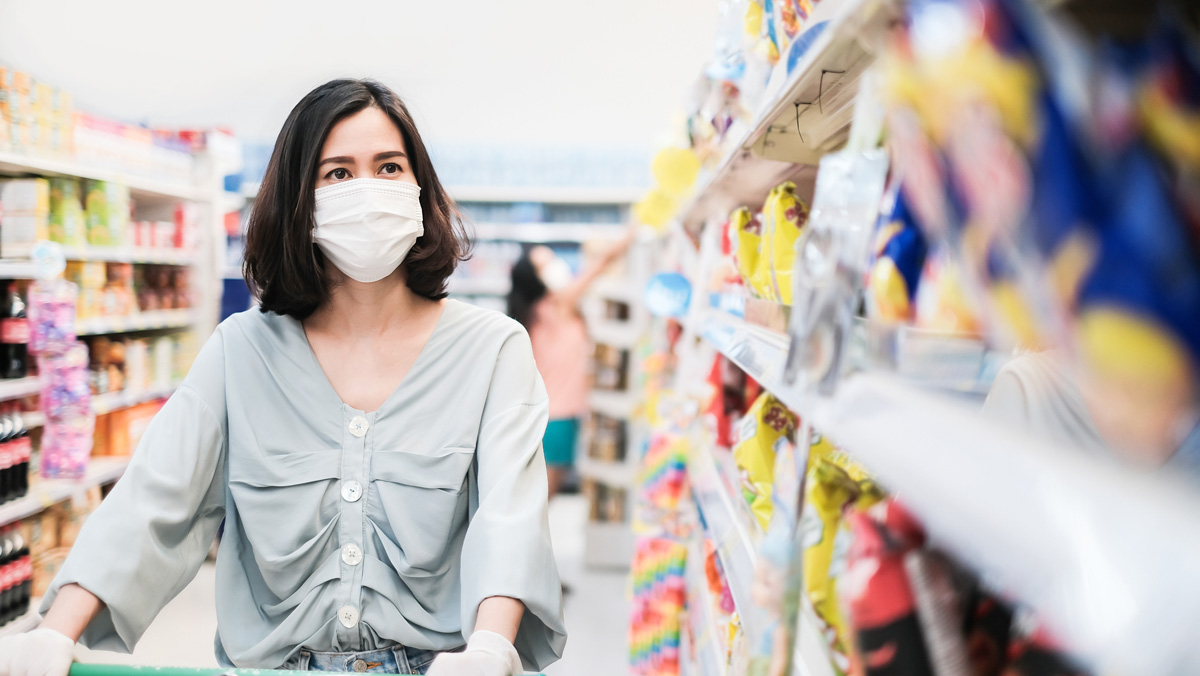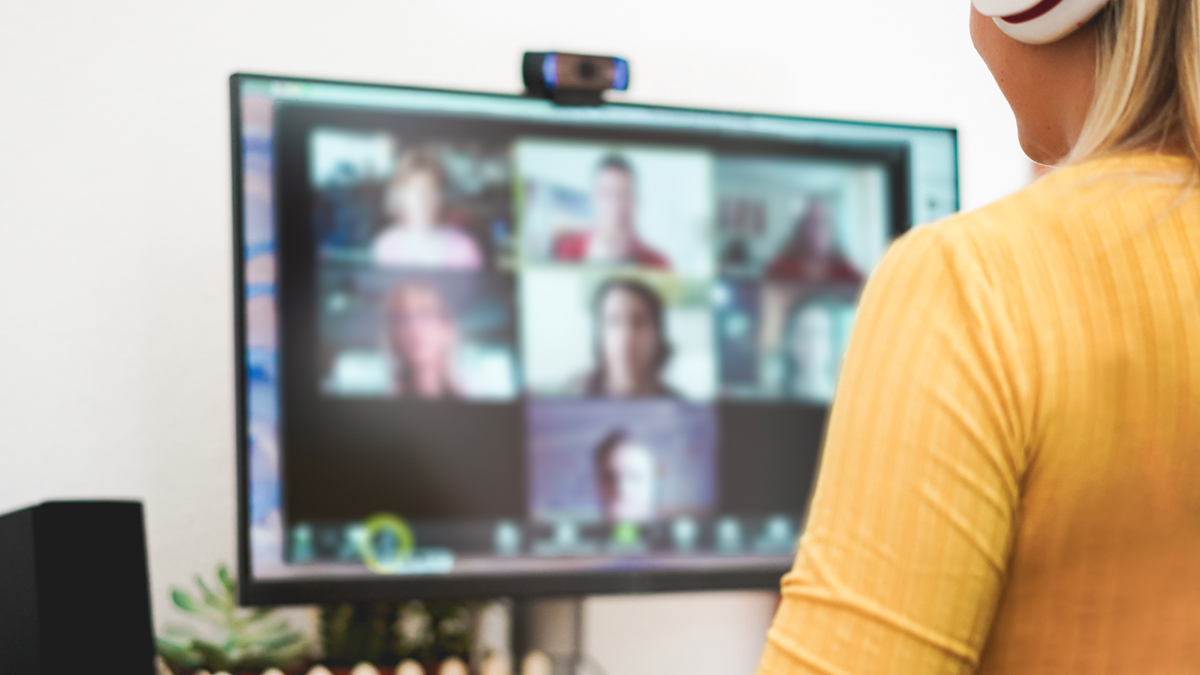Coronavirus pharma news roundup - 07/08/20

Pharma’s reputation has soared due to the COVID-19 pandemic – but coronavirus is starting to bite companies’ sales. Find out more in our roundup of the biggest R&D, market access and digital stories from the past week.
- The perception of pharma and medical companies has surged upward since the start of the COVID-19 pandemic, but they still lie mostly outside the top-rated firms in the FutureBrand Index. Roche, AstraZeneca, Novo Nordisk, and Sanofi all shot up the rankings in the first edition of the report since the start of the coronavirus crisis, but the big loser was Gilead Sciences, falling 71 places to 74 in the list.
- The US government has selected a potential vaccine from Sanofi and GlaxoSmithKline for its Operation Warp Speed COVID-19 vaccine development initiative, committing up to $2.1 billion for an initial 100 million doses.
- Novavax’s COVID-19 vaccine produced higher levels of neutralising antibodies than produced by recovered patients in an early trial, paving the way for a phase 3 trial and potential approval by year-end.
- While the world waits for an effective coronavirus vaccine, Eli Lilly has started late-stage human testing of an antibody drug as an alternative way to prevent viral transmission in high-risk locations. The US drugmaker is testing the antibody – called LY-CoV555 and developed in collaboration with Canadian biotech AbCellera – in a phase 3 trial to see if it can prevent the spread of the coronavirus among residents and staff in US nursing homes.
- Gillead lost $3.3bn in Q2, with the company blaming COVID-19 and its acquisition of immune-oncology company Forty Seven for the fall. It said COVID-19 has worsened the fall in hepatitis C sales because fewer patients have been visiting clinics and hospitals for visits and screenings.
- Meanwhile, Bayer’s Q2 sales were down 2.5% to just over €10 billion, with pharma falling 8.8% to just under €4 billion, “weighed down” by COVID-19 and China’s new volume-based procurement policy for healthcare products.
- The current level of test and trace in the UK is inadequate to prevent a sharp increase in coronavirus infections when schools reopen in September and there is further relaxation of social distancing rules, according to scientists.













